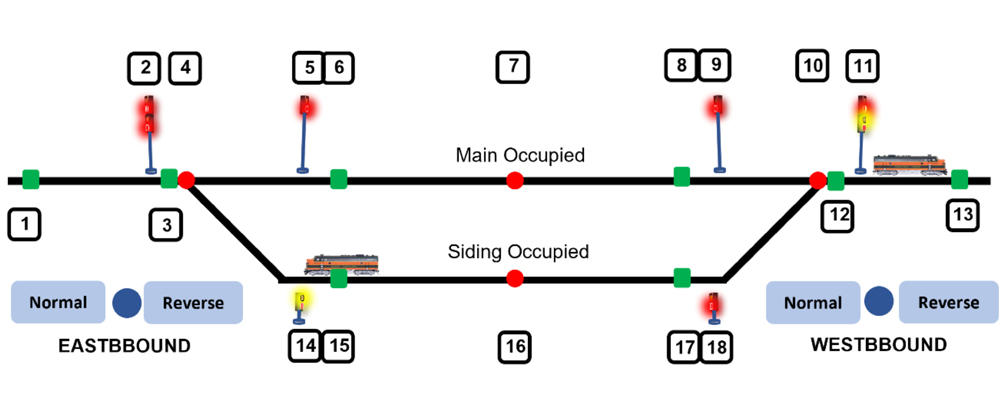
The following project is an update of Gary D. Patterson’s “Simplified CTC signals” in the July 1988 issue of MR. Bringing the project up to date was a large endeavour. The block control project now incorporates “all” solid-state components controlled by an Arduino microcontroller. I refer to this updated article as “CTC Signals 2.0.” The […]
Read More…
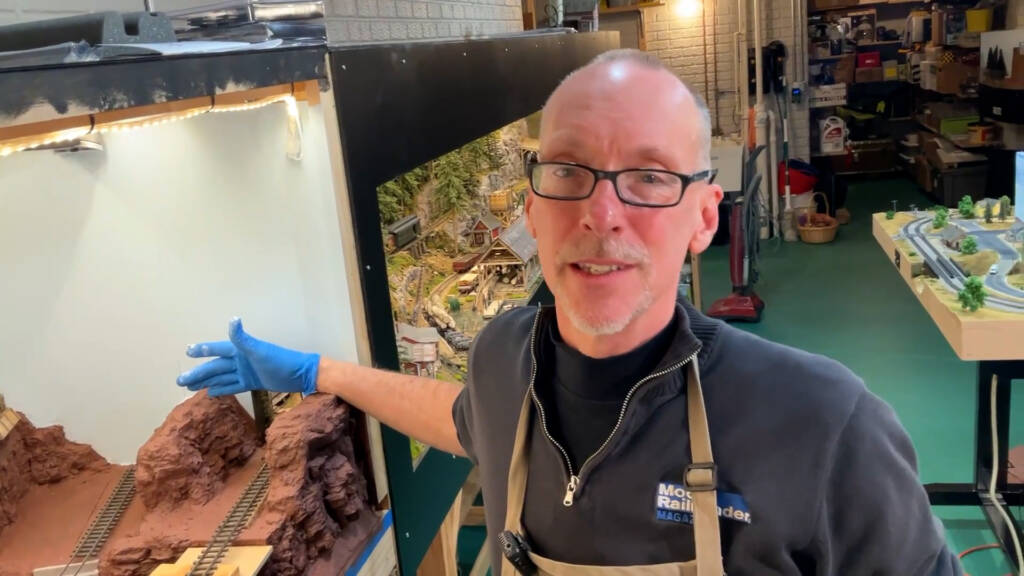
Model Railroader After Hours | February 29, 2024. After Hours is an informal livestream hosted by Trains.com staff members… after the “work” of the day is done, there’s aways something else fun! Host David Popp shares the frame with Trains.com Video Producer Ben Lake. Ben walks through a recent 3D printing effort, before David turns […]
Read More…

Model Railroader After Hours | February 29, 2024. After Hours is an informal livestream hosted by Trains.com staff members… after the “work” of the day is done, there’s aways something else fun! Host David Popp shares the frame with Trains.com Video Producer Ben Lake. Ben walks through a recent 3D printing effort, before David turns […]
Read More…
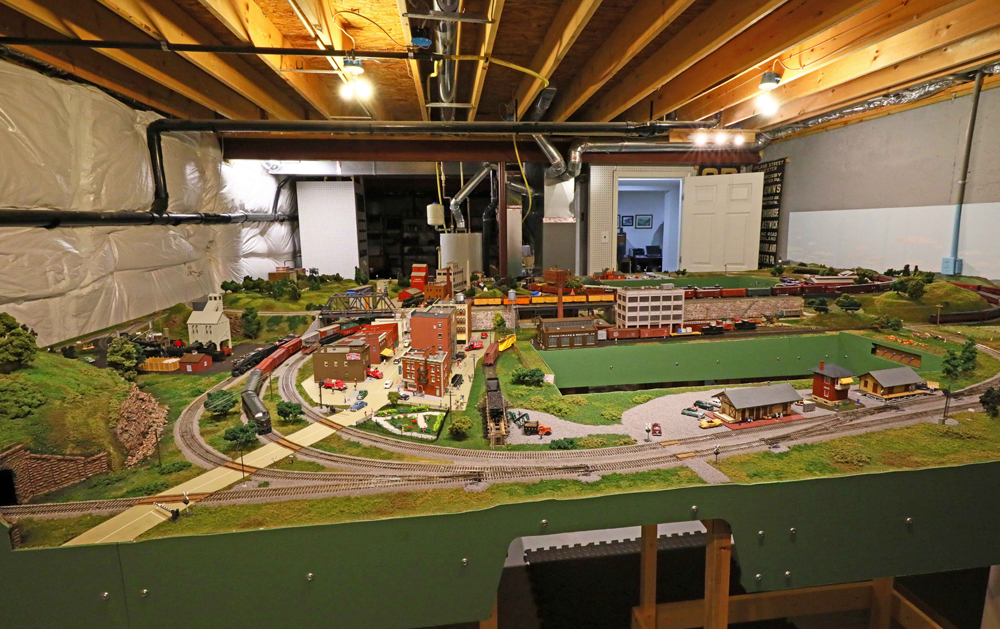
Built by Others is an article series showcasing layouts constructed by modelers using plans and projects from the pages of Model Railroader and its associated products. The New York, New Haven & Hartford RR originally appeared in the pages of Model Railroader in August of 2004. Fred Ciocciola adjusted this trackplan to fit the space he had […]
Read More…
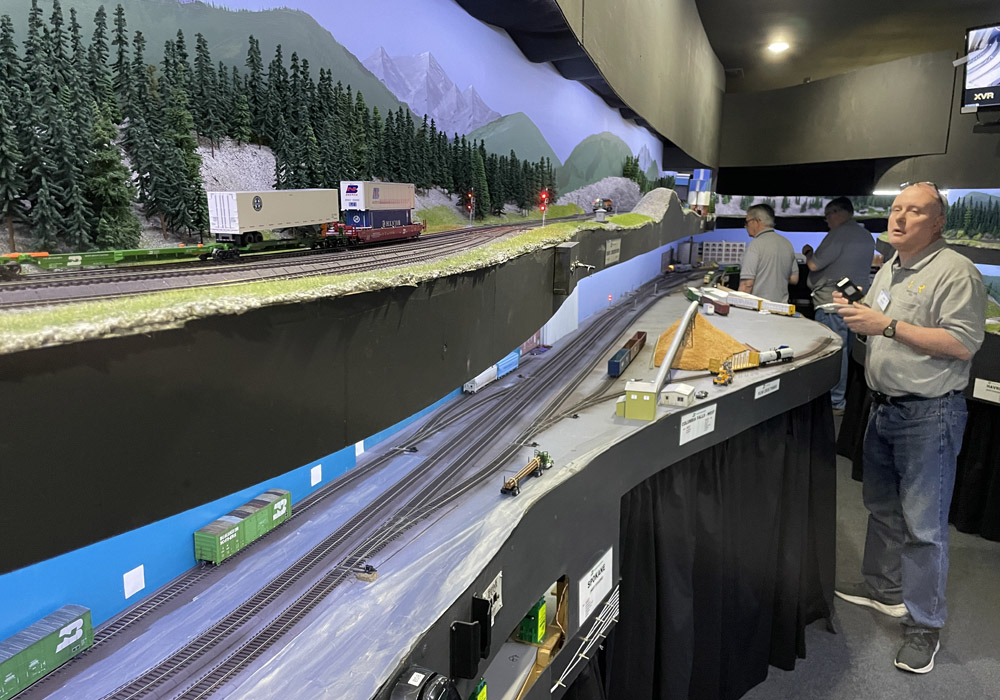
You’re hosting an operating session with a group of friends. What kind of snacks do you serve? Trains.com staff members chime in with their favorite items. Trains Associate Editor Bob Lettenberger Good meat sticks from a local butcher shop. They are not too greasy and don’t make a mess when spilled. Honey BBQ is the […]
Read More…

Mike Farrow’s N scale Norfolk & Western Pocahontas Division layout is set in southern West Virginia during the 1970s and early 1980s. The 36 x 36-foot walk-in model railroad features a 290-foot mainline run, 18” minimum radius curves, and No. 6 turnouts. Among the items used to re-create the authentic Appalachian scenery were ground foam, […]
Read More…
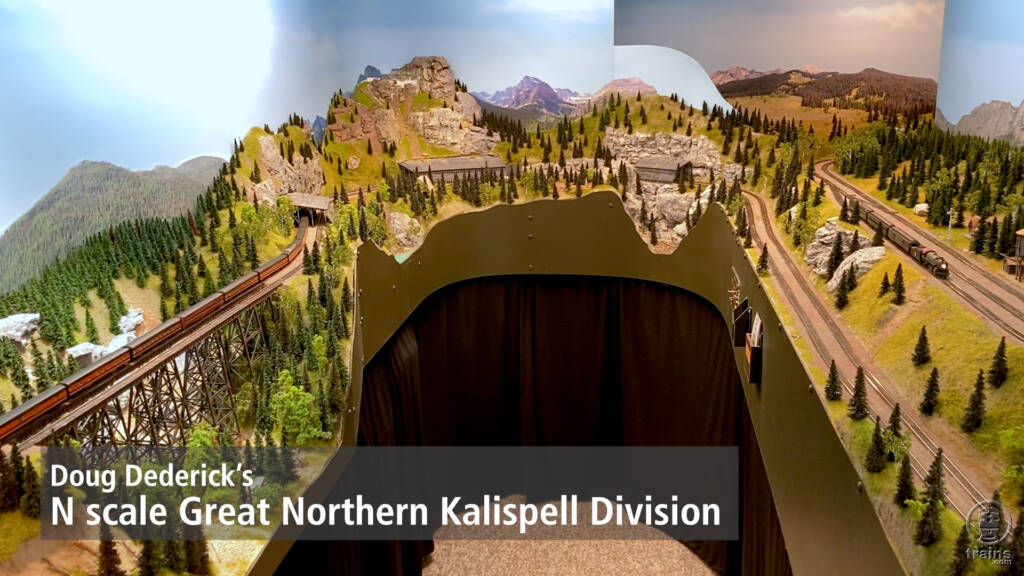
Doug Dederick’s N scale Great Northern Kalispell Division is set in Montana in the late 1950s. The 29 x 36-foot walk-in layout, featured in the April 2024 issue of Model Railroader, is set between Whitefish, Mont., and Shelby, Mont. The model railroad features several of GN’s name passenger and freight trains, including the Empire Builder, […]
Read More…
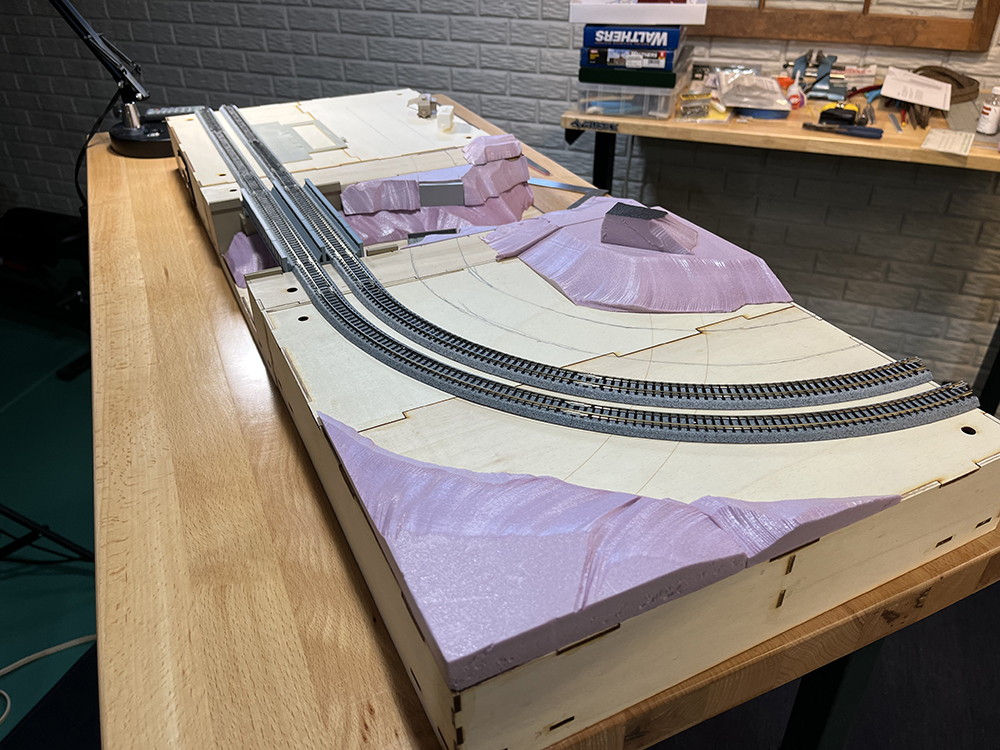
Modelers David Popp, Brian Schmidt, and Bryson Sleppy begin the scenery process on their T-TRAK modules by looking at photos of the Colorado plains. T-TRAK is a modular N scale railroading system that uses foot-wide boxes plugged together to build tabletop layouts. In this fifth installment, the three modelers explain how to build hills and […]
Read More…
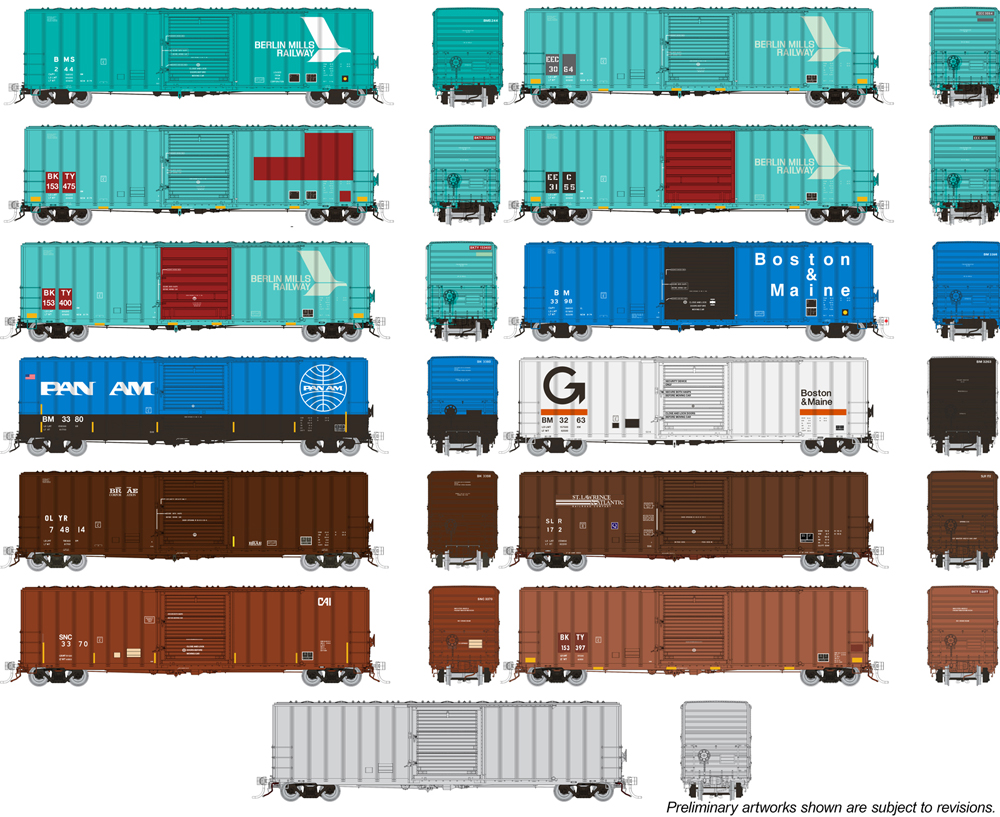
News & Products for the week of February 26th 2024 Model railroad operators and builders can get the latest information about locomotives, freight cars, passenger cars, tools, track, and more by reading Model Railroader’s frequent product updates. The following are the products Model Railroader editors have news on for the week of February 26th […]
Read More…
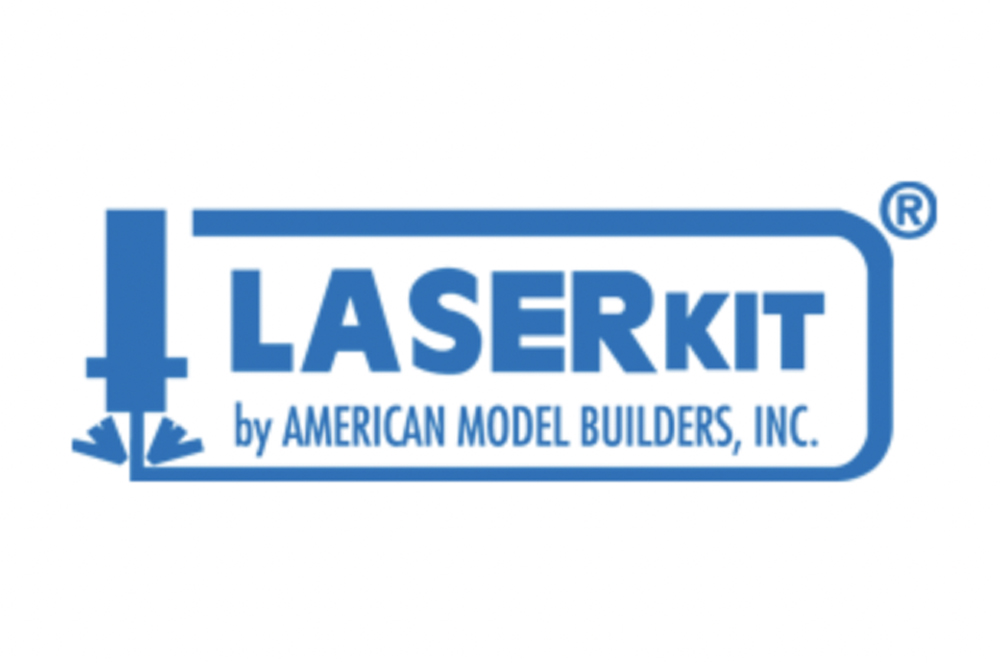
After over 40 years of business, American Model Builders Inc. has announced their closure via their website. A statement posted to laserkit.com reads: “American Model Builders is now closed and the LASERkit product line has been discontinued. The family of the late John Hitzeman, founder and owner, and the extended AMB family, would like to […]
Read More…

Doug Dederick’s N scale Great Northern Kalispell Division is set in Montana in the late 1950s. The 29 x 36-foot walk-in layout, featured in the April 2024 issue of Model Railroader, is set between Whitefish, Mont., and Shelby, Mont. The model railroad features several of GN’s name passenger and freight trains, including the Empire Builder, […]
Read More…

Mike Farrow’s N scale Norfolk & Western Pocahontas Division layout is set in southern West Virginia during the 1970s and early 1980s. The 36 x 36-foot walk-in model railroad features a 290-foot mainline run, 18” minimum radius curves, and No. 6 turnouts. Among the items used to re-create the authentic Appalachian scenery were ground foam, […]
Read More…









